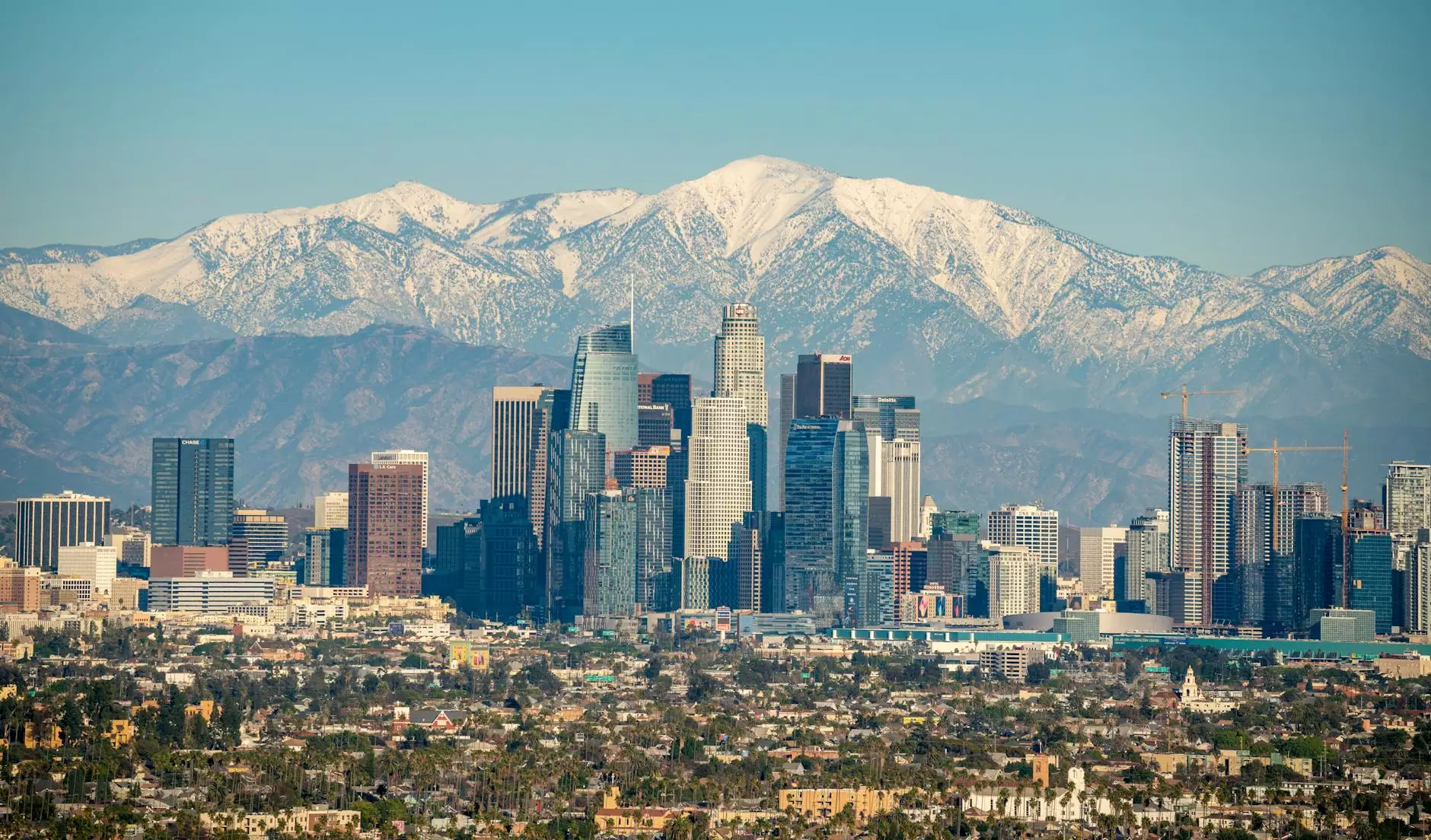Zulfikar Ali Bhutto - A Political Luminary of South Asia

Introduction
Welcome to the page dedicated to Zulfikar Ali Bhutto, an eminent figure in the history of South Asian politics. La Historia Society proudly presents a comprehensive exploration of Bhutto's life, accomplishments, and lasting impact on the region. Join us on this journey as we delve into the political journey of a visionary leader.
Early Life and Education
Zulfikar Ali Bhutto, born on January 5, 1928, hails from an influential family in Larkana, Sindh, which had a rich history of public service. Growing up in an environment steeped in politics and public affairs, Bhutto's passion for social justice and human rights was ignited at an early age.
After completing his early education in Bombay and Karachi, Bhutto pursued higher education at the University of Southern California and the University of California, Berkeley in the United States. His exposure to diverse cultures and political ideologies during his time abroad greatly influenced his thinking and shaped his future political aspirations.
Rise to Political Prominence
Returning to Pakistan in the early 1950s, Bhutto swiftly rose through the ranks of the political landscape. His innate charisma, eloquence, and firm belief in democratic principles resonated with the masses, propelling him to prominent leadership positions within the political sphere.
In 1971, Bhutto founded the Pakistan People's Party (PPP), which espoused a progressive ideology focused on the upliftment of the marginalized. The party's commitment to empowerment, equitable distribution of resources, and social justice struck a chord with the people and soon gained immense popularity.
Accomplishments and Contributions
Bhutto's tenure as the President of Pakistan from 1971 to 1973 and later as the Prime Minister from 1973 to 1977 saw landmark developments that transformed the country's political landscape. His commitment to social welfare policies resulted in significant progress in areas such as education, healthcare, and land reforms.
Under Bhutto's leadership, Pakistan made significant strides in the field of nuclear energy, culminating in the successful atomic tests in 1974. This achievement not only bolstered the nation's defense capabilities but also established Pakistan as a key player on the global stage.
Legacy and Lasting Impact
Bhutto's legacy extends far beyond his time in office. His unwavering commitment to democracy, human rights, and socioeconomic equality continues to inspire leaders and activists not only in Pakistan but also across the world.
His vision for a prosperous and inclusive Pakistan remains a driving force for progressive politics in the region. Bhutto's contributions to diplomacy and his efforts to strengthen ties with neighboring countries have left an indelible mark on the South Asian geopolitical landscape.
Conclusion
Zulfikar Ali Bhutto was an extraordinary politician, revered as an icon of progressive leadership. La Historia Society is honored to present this in-depth exploration of his life and work, celebrating his enduring legacy. Join us on this enlightening journey and gain valuable insights into the life of a true statesman.









